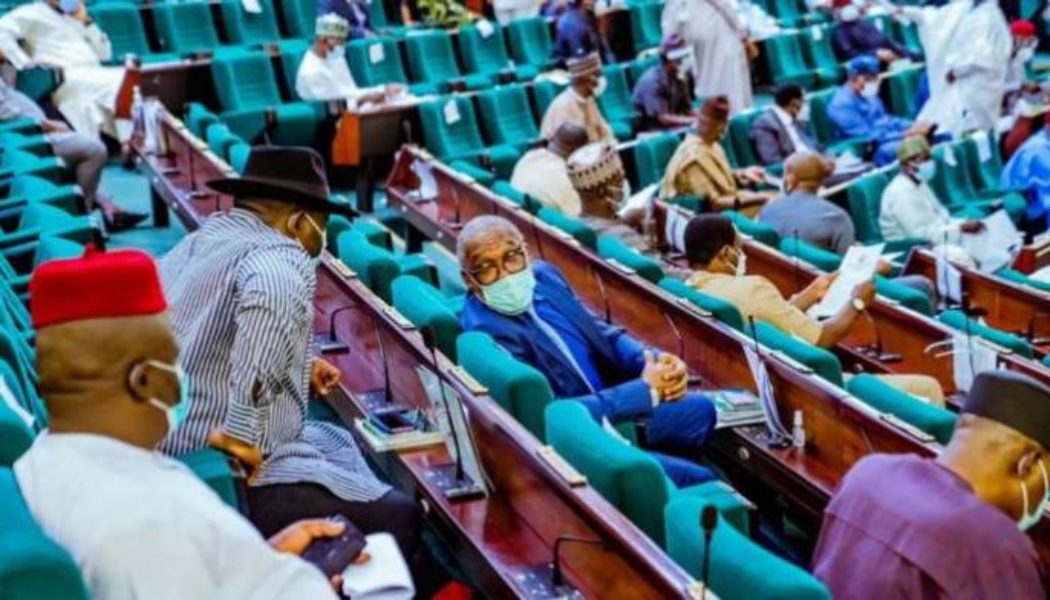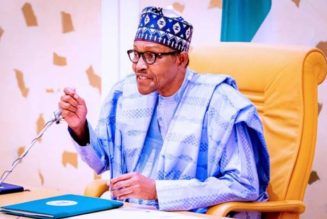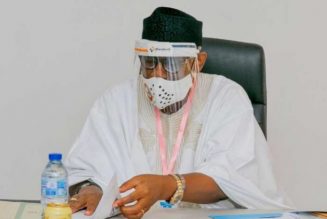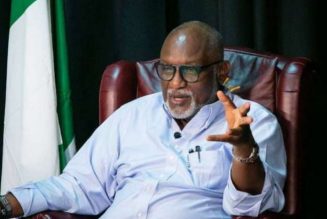
A bill seeking to regulate tariff of digital satellite service providers was on Wednesday rejected by several participants at the public hearing on the bill.
The bill, sponsored by Unyime Idem (PDP, Akwa-Ibom), seeks to give the National Broadcasting Commission (NBC), the powers to regulate the tariff charged by digital television platforms.
The bill proposed that NBC “Regulates and review through broadcasting codes the tariff being charged by the digital satellite television services broadcasting in Nigeria and other subscription policy for subscribers.”
If passed, digital satellite service providers like DSTV, StarTimes, TSTV, GOTV and others will have their subscriber fees regulated.
It was first introduced to the House on March 19, 2020 and was consolidated with other NBC bills on the April 21, 2021.
At the hearing organised by the House Committee on Information, Culture, Ethics and Value, participants at the hearing spoke against the bill.
The International Press Centre (IPC) and the Centre for Media Law and Advocacy kicked against the bill. Their position was contained in a joint memorandum submitted to the committee.
Lanre Arogundade, Executive Director of IPC, who presented the position of the group at the hearing, said the sector is price sensitive, and such regulations will drive away investors.
He also said the Federal Competition Consumer Protection Commission is already saddled with the responsibility of ensuring competition.
“The FCCPC is indeed more technically equipped to handle the kind of matters being dabbled into here, being a specialised agency established for specific purposes.
“Fixing tariffs arbitrarily could lead to excessive pricing that has the potential of discouraging investment in the sector and the attendant job losses.
“Giving the NBC the sole right over tariff issues which cannot be interfered with could be interpreted as an ouster clause that arrogates to it arbitrary powers that cannot be challenged even in the court of law,” he said.
Also speaking against the bill, Ataguba Raymond said price regulations will only work if there is subsidy for the industry.
“Price regulation will be relevant in a regime where there is government subsidy so that participants in that sector will be able to recover their expenses.
“Digital TV is an entertainment service, and the prices there is a very complex thing. People who are in that industry are very price-sensitive because if you fix your price too high, subscribers will not subscribe. At the end of the day, it is the consumers that will suffer, the quality and quantity will suffer.”
In March, an ad hoc committee, chaired by Mr Idem, investigated MultiChoice, owners of Digital Satellite Television (DSTV) and others for non-implementation of pay-per-view.
NBC was also summoned during the hearing, to address possible regulatory bottlenecks hindering the implementation of pay-per-view.
In September, FCCPC also investigated Multichoice and Startimes TV over possible violation of consumer rights.










